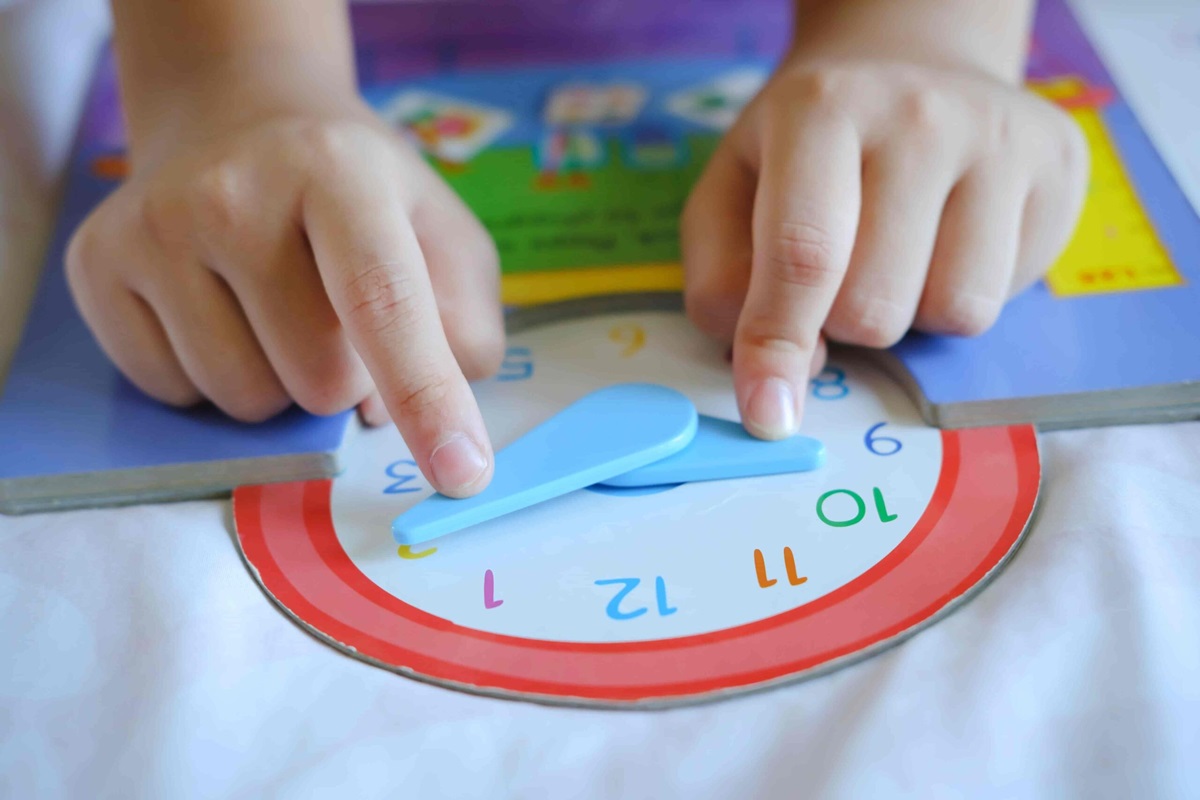Stressed out professionals tend to multi-task. It gives us the feeling we’re getting more done. We wear it as a badge of honor. Spoiler alert! We’re wrong. Very, very wrong.
Research indicates that multitaskers are actually less likely to be productive. The brain focuses on one thing at a time. What we’re actually doing when we think we’re multitasking is task-switching, and the cost is high. It takes more time to get tasks completed if you switch between them than if you do them one at a time. You make more errors when you switch than if you do one task at a time.
In fact, researchers found that a lot of switching in a day can add up a 40% loss of productivity. I call it “multislacking.” Moreover, studies have shown that switching tasks leads to more stress. People with high rates of impulsivity and neuroticism tend to switch tasks more than others.
So why do we do we multitask? The illusion of productivity helps us feel more emotionally satisfied with our work. “Look at all the things I’m doing! I’m so productive.”
Now that we know that multitasking isn’t really a thing, it’s time to take a closer look at how we approach work, home life, and stress.
If our best go-to strategy (number one with a bullet) for dealing with being overwhelmed actually causes more harm than good, it’s time to change things up.
Here’s the point. What you spend your time thinking about matters. You’re training your brain all the time. Why not be intentional about it? Doing one thing at a time is how our brains work. Defeating that fact simply drives more and more stress the more you multislack.
Try focusing on one thing at a time today. See how it feels.











